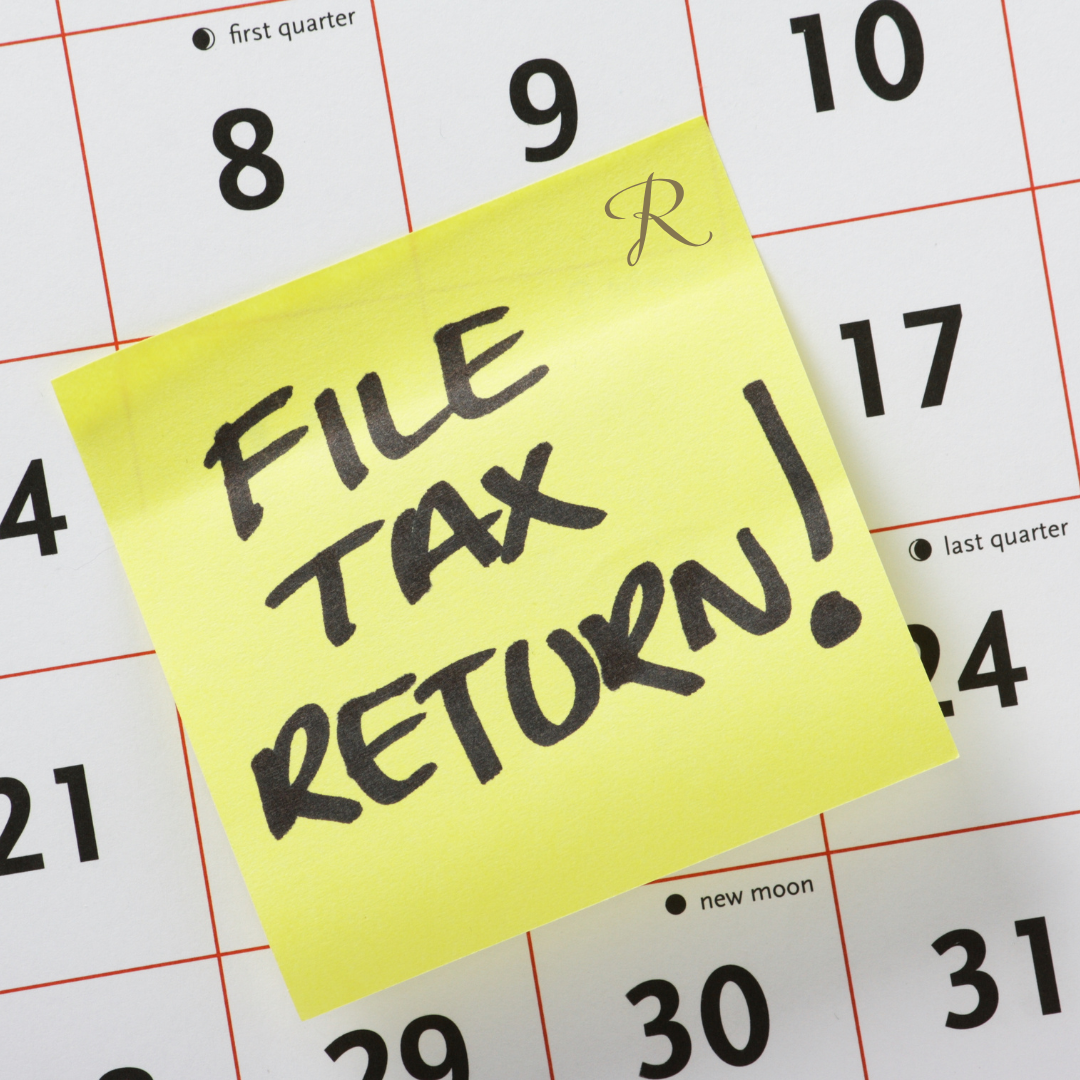Self Assessment Tax Return Guide
If you’re self-employed, a sole trader, or earn income that isn’t taxed at source, completing your UK Self Assessment tax return can feel daunting. At Ryedaura, we specialise in making this process simpler for our clients. We work closely with businesses to ensure they have everything in place to meet HMRC’s requirements. Here’s a straightforward guide to help you stay organised and confident before the deadline.
Key Dates to Remember
Mark these important dates in your calendar to avoid penalties:
- 5 October: Register for Self Assessment (if it’s your first time).
- 31 January: Online tax return and payment deadline.
What Figures You’ll Need for Self Assessment
Here’s a checklist of financial details you’ll need to gather before starting your tax return:
- Income Details
- Self-employed income: Total income from your business or freelance work. Compile this using invoices, bank statements, or bookkeeping software.
- Other income: Include rental income, dividends, or foreign income, ensuring you maintain accurate records.
- Employment income: If applicable, include details from your P60, P45, or P11D.
- Business ExpensesYou can claim allowable expenses to reduce your tax bill. Examples include:
- Office supplies and equipment.
- Travel expenses (fuel, train tickets, etc.).
- Software subscriptions (e.g., bookkeeping tools).
- Phone and internet bills (business proportion).
- Marketing and advertising costs.
- Professional fees (e.g., legal advice).
Tip: Ensure all expenses are wholly and exclusively for business purposes. - Personal Allowances and Reliefs
- Pension contributions: Keep details of payments made to private pensions that qualify for tax relief.
- Gift Aid donations: Record any donations to charities where you’ve opted into Gift Aid.
- Bank StatementsUse bank statements to cross-check income and expenses, especially if your bookkeeping isn’t up to date.
- VAT Records (if registered)If your turnover exceeds the VAT threshold (£90,000 as of 2024/2025), you’ll need to include VAT figures, and any payments made.
- Loan or Finance CostsIf you’ve taken out a business loan or used credit for your business, record the interest and repayment details.
Helpful Tools for Self Assessment
To streamline the process, consider using:
- Bookkeeping software like Xero, Sage, QuickBooks, or FreeAgent.
- HMRC’s Personal Tax Account for accessing tax codes, employment history, and payments on account.
- Expense trackers or a simple spreadsheet for day-to-day costs.
At Ryedaura, we offer Xero, Sage, and QuickBooks training to help you make the most of your bookkeeping software.
Common Mistakes to Avoid
- Missing the Deadline: Late submissions incur penalties, even if you don’t owe tax.
- Overlooking Income: HMRC has access to various data sources – omitting income can result in fines.
- Claiming Non-Allowable Expenses: Only claim expenses directly related to your business.
- Neglecting Payments on Account: If you owe more than £1,000 in tax, HMRC may require payments towards the following year’s tax bill.
Staying on top of your bookkeeping throughout the year makes Self Assessment much easier. Keep organised records, use software to simplify your processes, and don’t hesitate to ask for help if you need it.
At Ryedaura Bookkeeping, we’re here to make your tax preparation brighter and stress-free. Contact us today for expert support and guidance. Let us simplify your bookkeeping so you can focus on growing your business.
